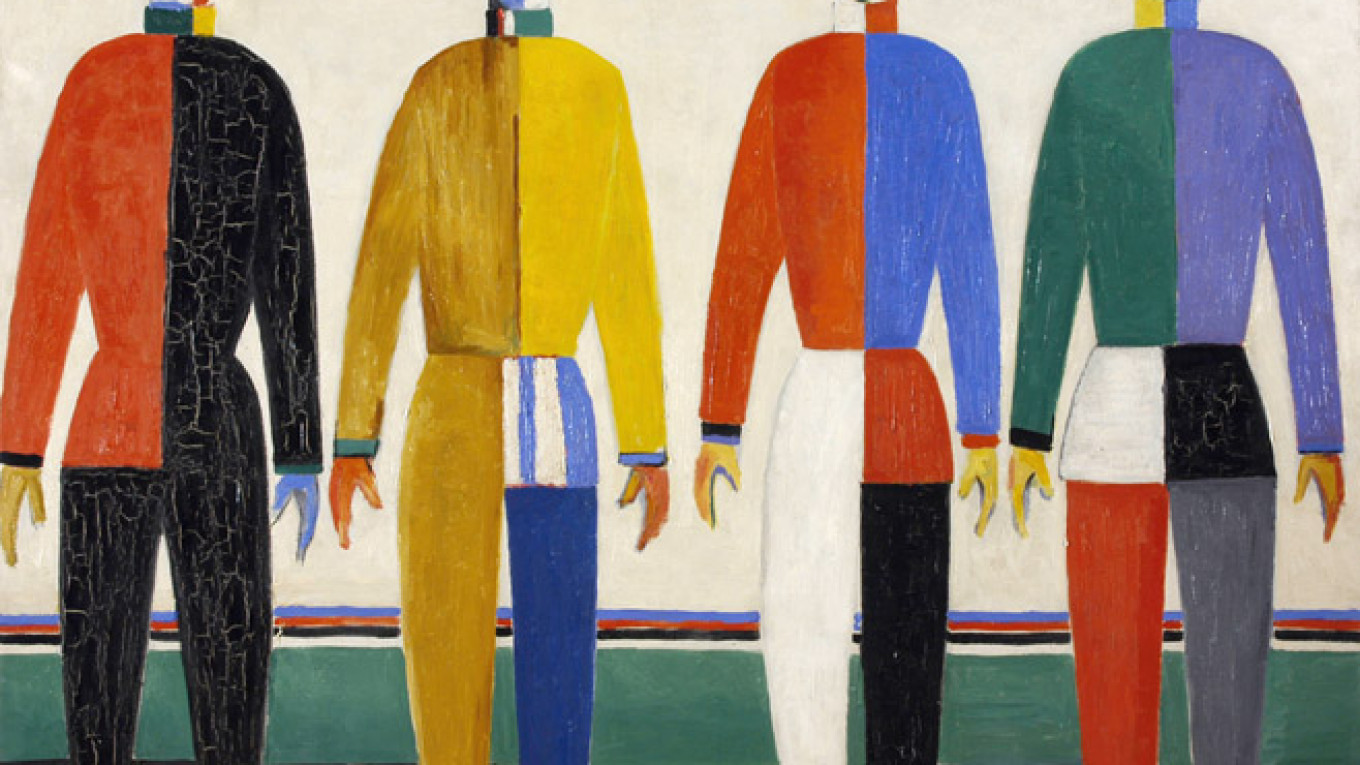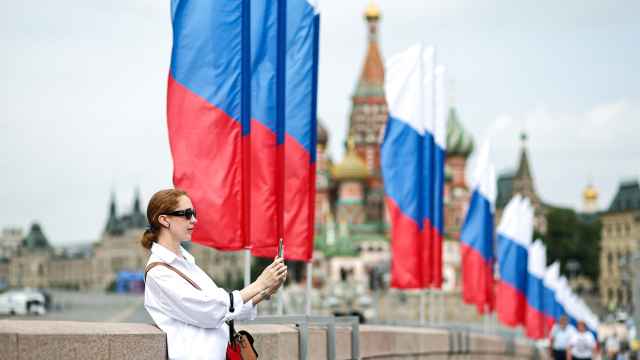Russia's wealthiest have dominated auctions of contemporary and modern Russian artwork abroad this year, making 2014 the best year for sales in this segment since 2008, according to a recent report by auditing firm Deloitte.
Auction sales of Russian art rose 21 percent from 2012 to 2013, a trend that has only accelerated this year against the backdrop of the crisis in Ukraine, Western sanctions and increasingly dismal economic conditions in Russia.
Auction house Sotheby's raised £16 million ($25 million) from sales of Russian art at an auction in June this year, nearly exceeding total sales from its two auctions last year.
Sotheby's reported that 75 percent of buyers at this auction were from Russia or the former Soviet Union, while competitor Christie's said that Russians accounted for 74 percent of buyers at its last Russian art auction.
These buyers appear to have an affection for the early 20th century, with works by Constructivist Varvara Stepanova and abstract painter Kazimir Malevich — famous for his "Black Square" — drawing special attention, Sotheby's assistant vice president for Russian paintings told The New York Times.
The jury is still out, though, on whether Russia's elite is experiencing a surge of nationalism or simply a desire to safeguard capital in tangible assets as the value of the ruble plummets.
Russian buyers, certainly, are less moved by contemporary domestic art, which remains severely marginalized on the international market. Sales of works by contemporary Russian artists account for only 5 percent of the market in modern and contemporary Russian art at this time, the report said.
A Message from The Moscow Times:
Dear readers,
We are facing unprecedented challenges. Russia's Prosecutor General's Office has designated The Moscow Times as an "undesirable" organization, criminalizing our work and putting our staff at risk of prosecution. This follows our earlier unjust labeling as a "foreign agent."
These actions are direct attempts to silence independent journalism in Russia. The authorities claim our work "discredits the decisions of the Russian leadership." We see things differently: we strive to provide accurate, unbiased reporting on Russia.
We, the journalists of The Moscow Times, refuse to be silenced. But to continue our work, we need your help.
Your support, no matter how small, makes a world of difference. If you can, please support us monthly starting from just $2. It's quick to set up, and every contribution makes a significant impact.
By supporting The Moscow Times, you're defending open, independent journalism in the face of repression. Thank you for standing with us.
Remind me later.






